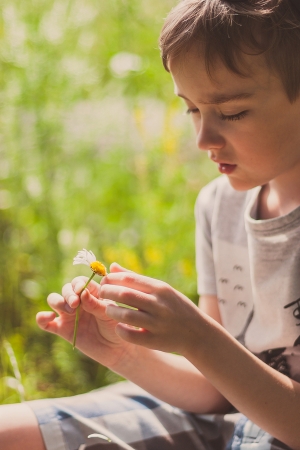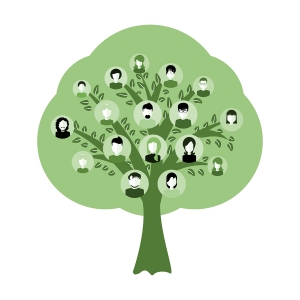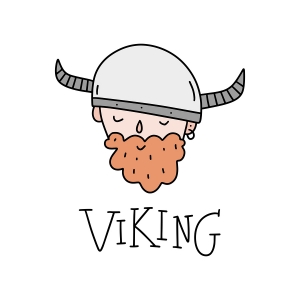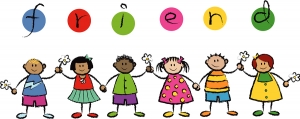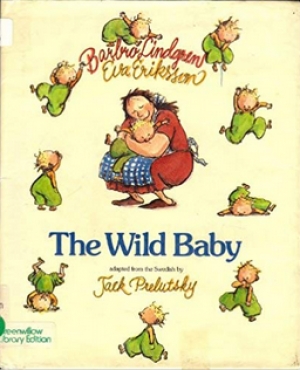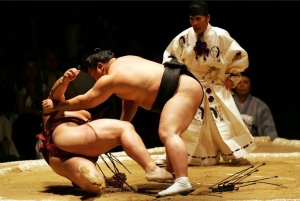Coming Home
“In order to love, you have to be here.
And in order to be here, you have to bring your mind home to your body.”
Thich Nhat Hanh
And so we are here, in a place we never thought we would be, dominated, many of us cut down, by one of the most tiny creatures of the Earth. We have had fire, floods, locusts and now plague. Hmmm. Not feeling so secure any more.
Writing for Wellbeing
At the moment I am offering a workshop called Writing for Wellbeing. If you don’t think of yourself as a writer and have only memories of low marks at school, the hideousness of trying to concentrate on something you don’t want to write while you would rather be outside, as well as being befuddled by the mysteries of spelling and grammar, the idea of my workshop will probably make you shudder – and move on. Of course I suggest you stay for a few minutes and see what I have to say.
Hanging on for Dear Love
She loves me, she loves me not. He loves me, he loves me not. What’s it like to not know, not be certain of love, when it’s your parent? There’s the profound joy when you’re received and held, and then the plunge – ignored, sent away, yelled at. You just never know which one it will be. David Wallin describes it as “parents relatively responsive in one encounter, intrusive or unavailable in the next.” For a little one there are no clues how to respond to this. Whatever he or she tries could meet with any of these responses. There is no pattern.
Turning Away
Some of us don’t feel much, you know. There are various reasons for this and some of these reasons occur later in life. If it has always been like that, though, it probably happened very early when the little one found that feelings were too painful and learned to avoid them. This is done by suppression. The feelings get put away in a safe dark place that is often known as the unconscious.
To Love and to Fear
Parenting, like almost every other facet of our lives, has always been subject to the prevailing fashion of the day. It has been influenced by what we have believed about the development of small children and how that should be managed. In the 1950s, Behaviourist John Watson wrote:
“Mother love is a dangerous instrument. Never hug & kiss them, never let them sit in your lap. If you must, kiss them once on the forehead when they say goodnight.”
But wait...there's more!
I used to notice, when I was a midwife, the differences in the way little new beings were present in the world and in how that changed in the following days, weeks, months. Sometimes the little one would be as if still asleep at first, like a tiny quiet dormouse, not really here yet. A few days later, someone had arrived, eyes open and full of depth and curiosity.
Other babes roar into existence outside their mums. I recall a new person shouting at me when only her head was born and we were still waiting for the wee body to come forth. I used to wonder about these differences.
Always a Way
David Wallin writes”…the need for comfort and connection in the face of threat or pain is built in by evolutionary design. It cannot be extinguished but only defended against.”
And why would it need to be defended against? It happens when, in the very beginning of life outside the womb, the need for comfort and connection has not been met. And this is so very painful to the little one that he or she has to bury the pain, and to find other ways to defend against it, against even knowing about this terrible, this deeply debilitating loss. The ways of being in the world that arise out of these circumstances are described by the kinds of attachment styles that are less than optimal.
In the Beginning...
“Mama loved her baby Ben, her small and precious child, but he always disobeyed her, he was reckless, loud and wild.” This was a favourite book in our house and now it’s being read to another small and precious child – one who is, at times, reckless, loud and wild. And at other times is thoughtful, gentle and considerate. Who is he becoming?
David Wallin writes: “It is in the crucible of the child’s first relationships that, for better or worse, the self is originally shaped.” He is writing about attachment and how the bones of who and how we are in the world are formed.
No Stone Unturned
"Psychotherapists are applied neuroscientists who create individually tailored enriched learning environments designed to enhance brain functioning and mental health." (Louis Cozolino)
I put this great quote on the front page of my website because this extravagant way of describing my work made me smile. In retrospect, I guess people sometimes wonder what it really means
Lots of folk come to therapy for the first time, of course, & don’t know what to expect. Some of those will inevitably ask me: So what’s the management plan? How is this going to work? And there always is a plan, of course, but not a one size fits all.
Regret and Shame and the Power of Understanding
You know those moments when regret sneaks up on you? Something that happened long ago and you would rather not remember it. Inflated with time and reeking of shame it circles you for a while. You think you’re on your guard but suddenly you’re on the floor. Got you again.
Accreditation

Contact Details
-
Phone
-
EmailThis email address is being protected from spambots. You need JavaScript enabled to view it.
-
Website
-
Location



